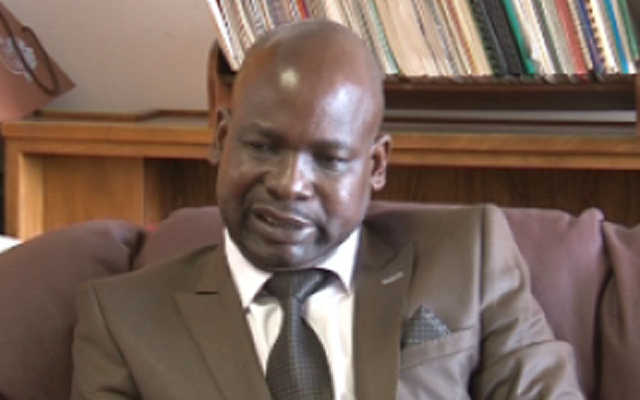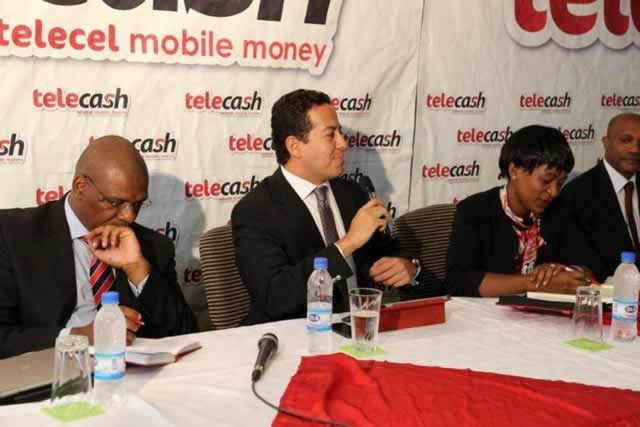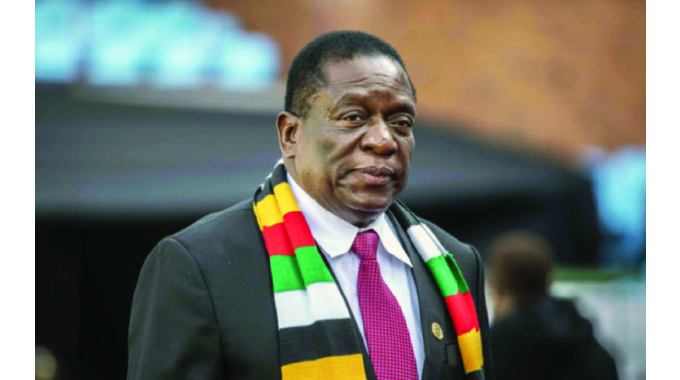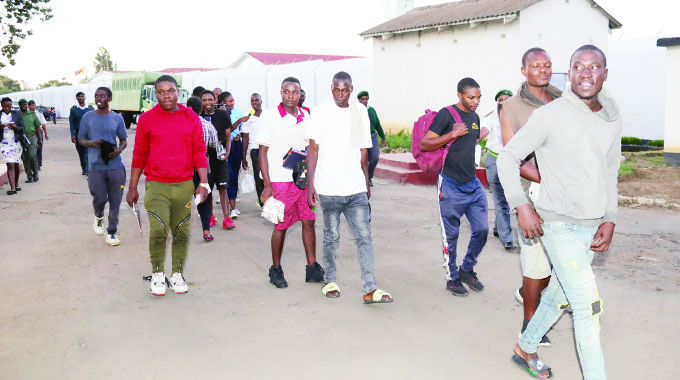Tomana sticks to his guns

Fidelis Munyoro Chief Court Reporter
Prosecutor-GENERAL Mr Johannes Tomana has launched a constitutional application challenging the Supreme Court decision forcing him to issue a certificate for the private prosecution of Telecel Zimbabwe (Private) Limited shareholder Jane Mutasa on charges of swindling the firm of more than US$1,7 million in airtime recharge vouchers.
At the same time, Mr Tomana has approached the Supreme Court seeking an order to suspend the operation of the judgement it awarded against him pending the finalisation of the constitutional application.
In its ruling last week, the Supreme Court gave Mr Tomana five days, which expired on Wednesday, to issue the certificate.
At the Constitutional Court, Mr Tomana wants the court to protect the constitutional independence of his office by declaring that it cannot be forced to issue a certificate for private prosecution in the absence of solid evidence against a suspect.
Through his lawyers, Mambosasa Legal Practitioners Mr Tomana argued that the court order awarded against him sought to interfere with the powers vested upon him in terms of the provisions of the Constitution.
“The order is ultra vires provisions . . . of the Constitution of Zimbabwe in that it seeks to interfere with my constitutional function to decline to issue a certificate . . . in circumstances where facts of the matter do not point to the commission of an offence,” said Mr Tomana
He argued that at the time of the order, all prosecutorial functions had been removed from the Attorney-General to his office.
“Accordingly, I do aver that the order is incompetent insofar as it is directed against the Attorney-General who is no longer reposed with functions of issuing certificates for nolle prosequi (private prosecution),” he argued.
Mr Tomana further argued that he declined to issue the certificate on the basis that police investigations had revealed that no offence had been committed by Mutasa and her other three accomplices.
“Where facts presented to me after a full investigation of an alleged crime do not point to the commission of an offence, I can decline to prosecute at the public instance and at the same time decline to issue a certificate . . . to a person seeking to mount a private prosecution even if such person proves substantial and peculiar interest in the matter and prejudice suffered,” he said.
Last month, Justice Bharat Patel opened the avenue for Mutasa’s prosecution after he quashed a High Court decision refusing to grant the mobile phone services provider an order forcing the Prosecutor-General to issue the certificate for private prosecution.
Mutasa was arrested in 2010 along with the company’s commercial director, Naguib Omar, for allegedly stealing airtime vouchers worth over US$1,7 million.
Mr Tomana declined to prosecute Mutasa citing lack of evidence, something that did not go down well with Telecel.
This prompted Telecel to approach the High Court to review the decision, but the court ruled in favour of Mr Tomana on a technicality and held that the firm, being a body corporate had no legal standing to mount a private prosecution.
But Justice Patel held that a private corporate was entitled at law to institute private prosecution, adding that Mr Tomana failed to exercise his statutory powers on a proper legal footing.
Justices Vernanda Ziyambi and Paddington Garwe concurred with the decision.







Comments